Healthy Horse
- Filter by
- Categories
- Tags
- Authors
- Show all
- All
- Acorns
- Aggression
- Aggressive horse
- Allergies
- America
- Anatomy of Horse
- Archery
- Are horses intelligent?
- Are horses mammals?
- Are horses native to America?
- Are horses native to the UK?
- Are horses omnivores?
- Are horses ruminants?
- Arthritis
- Aslike clover
- Bananas
- Barefoot horse
- Beginner
- Behavior problems
- Belladonna
- Bending
- Bending Exercise's
- Benefits of Cod Liver Oil Horses
- Benefits of Devils Claw Horses
- Benefits of Garlic Horses
- Benefits of Turmeric Horses
- Bit Types
- Bits
- Black cherry
- Black walnut shavings
- Blue bells
- Body Parts of a Horse
- Bones of a Horse
- Bracken fern
- Bread
- Breastplate
- Bridle
- Bridle Parts
- Bridle Types
- Broccoli?
- Buttercups
- Can horses eat bananas?
- Can horses eat bread?
- Can horses eat broccoli?
- Can horses eat oranges?
- Can horses eat parsnips?
- Can horses eat potatoes?
- Can horses see colour?
- Canter
- Charlock
- Cherry trees
- Chokecherry
- Cleaning sheath
- Clicker Training
- Cold Weather
- Colic
- Conker's
- Cooler rug
- Create your own Boots
- Curly dock
- Cushings Disease
- Daffodils
- Deadly nightshade
- Diseases
- Disrespectful
- Do horses sleep?
- Do horses sweat?
- Dressage
- Dressage Maneuvers
- Eating habits
- Electric Fencing
- Energy
- Equine
- Eventing
- Farrier
- Fear
- Feed
- Feeding my horse
- Field management
- Field mustard
- Fire cherry
- Firethorn
- Food Aggression
- Foxgloves
- Frog Trimming
- Gallop
- Gelded late
- Girth Types
- Girths
- Golden chain
- Grass glands
- Grooming
- Hacking
- Hawkweed
- Hawthorn
- Hay
- Haylage
- Healing
- Health
- Healthy Horse
- Hedging
- Hemlock
- Herd Behavior
- Hi Vis
- Highway Code
- History of Horse Riding
- Hock
- Hoof Abscess
- Hoof Boots
- Hoof care
- Hoof Problems
- Hooved Mammals
- Horse Bedding
- Horse Boots
- Horse Breeds
- Horse Bridle
- Horse chesnut tree
- Horse dentist
- Horse Fencing
- Horse Food
- Horse Forage
- Horse Gait
- Horse muscles
- Horse Nutrients
- Horse Paddock
- Horse Paddocks
- Horse pain relief
- Horse Play
- Horse Riding Benefits
- Horse sight
- Horse sweating
- Horse swimming
- Horseback Archery
- Horses
- Horses food
- Horsetail plant
- Hunting
- Hyperextension Ligaments
- Injection
- Injury
- Ivy
- Jumping
- Laburnum
- Lameness
- Laminitis
- Larkspur
- Laurel
- Left handed
- Leg Protection Horses
- Leg sores
- Lily of the valley
- Magnetic Band
- Mammals
- Maple trees
- Mare
- Mare & Foal
- Martingale
- Mastitis
- Meadow saffron
- Meditation
- Mental Health
- Mistletoe
- Monkshood
- Mounting
- Mud fever
- Muscle Anatomy of Horse
- Mutual grooming
- Native
- Natural Remedy
- Naughty
- New to Horses
- Nosebands
- Novice
- Numnah
- Nutrition
- Omnivores
- Oranges
- Organ Anatomy of a Horse
- Organs Horses
- Paddock Fencing
- Paddock Sizes
- Parelli
- Parsnips
- Parts of a Horse
- Peach tree
- Pear trees
- Performance problems
- Phobia
- Pigweed
- Play
- Plum tree
- Poisoning
- Poisonous plants
- Pole work
- Poles
- Polework
- Polo
- Potatoes
- Privet
- Protection
- Prunus species
- Racing
- Ragweed
- Ragwort
- Reiki
- Respiratory problems
- Rhododendron
- Riding & Road Safety
- Right handed
- Road Leading
- Road Safety
- Saddle
- Saddle Cloth
- Saddle pad
- Saddle Parts
- Safety on the road
- Schooling
- Shavings
- Sheath
- Shoeing horses
- Show Jumping
- Showing
- Skeletal Anatomy of a Horse
- Skeleton of a Horse
- Skin condition
- Sleep Deprivation
- Sleep horse
- Snow
- Spring horses
- Springtime Problems
- St johns wort
- Stable size
- Stabled Nightmare
- Stabling
- Stallion behaviour
- Stirrup Leather Types
- Stirrup Leathers
- Stirrup Types
- Stirrups
- Sweet itch
- Swollen glands
- Swollen Tits Mare
- Sycamore
- Tack
- Tack Problems
- Teeth
- Tellington Touch
- Therapeutic Shoeing
- Therapy
- Thrush
- Tooth Problems
- Training
- Trauma
- Trekking
- Trot
- Trotting poles
- TT
- Types of Martingales
- Uses for Martingales
- Uses of Bits
- Vet
- Vetch
- Vulnerable Road Users
- Walk
- Walking Horse on Roads
- Walnut poisoning
- Water Horses
- Water Requirements Horses
- Western
- Western Riding
- Wild Horses
- Wisteria
- Worm Count
- Worming
- Worms
- Yew
February 1, 2023
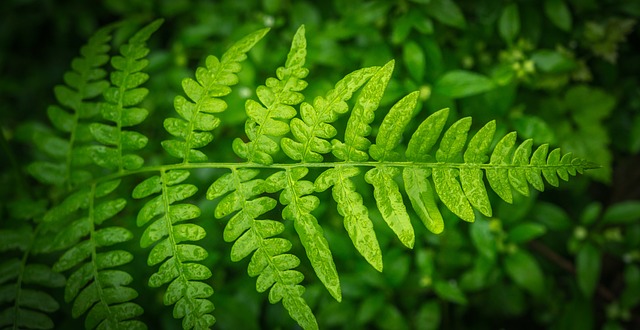
Published by horsesdaily on February 1, 2023
Categories
Bracken Fern (Pteridium aquilinum) is a common and widespread fern species that grows throughout the United Kingdom. While it is a valuable source of food and […]
February 1, 2023
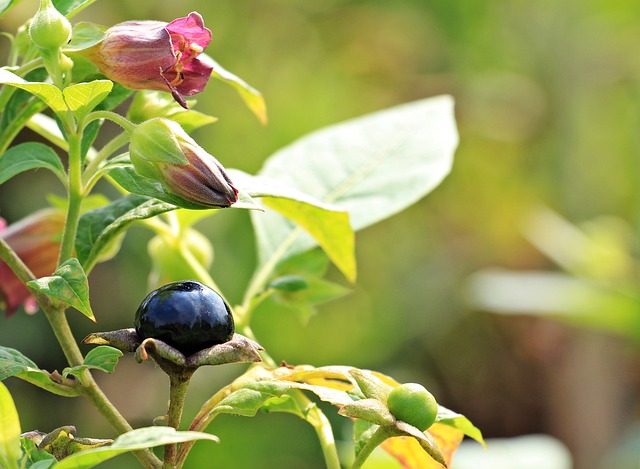
Published by horsesdaily on February 1, 2023
Categories
Deadly nightshade, also known as belladonna, is a highly toxic plant that can have serious and even fatal consequences for horses if ingested. This plant contains […]
March 10, 2023
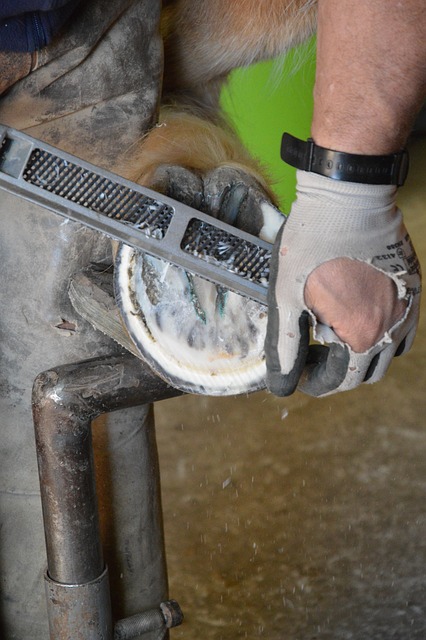
Published by horsesdaily on March 10, 2023
Categories
Frog trimming is an important part of maintaining your horse’s hoof health. The frog is a triangular-shaped structure located on the underside of the hoof, which […]
February 2, 2023
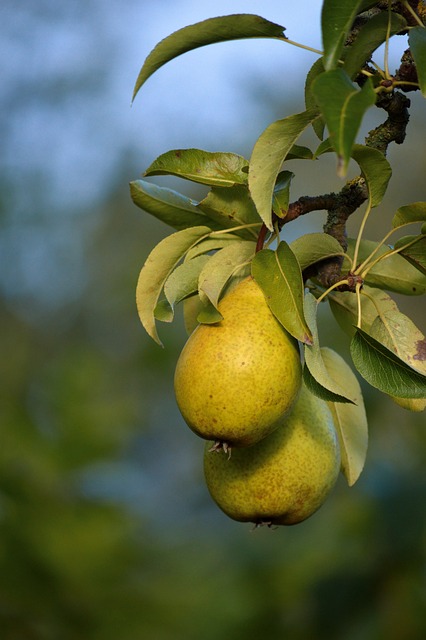
Published by horsesdaily on February 2, 2023
Categories
Pear trees are a common sight in the UK, and are grown both for their fruit and as ornamental trees. While pears themselves are not toxic […]
March 10, 2023
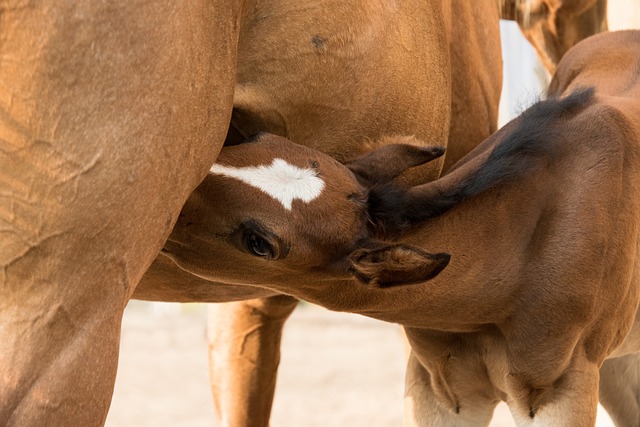
Published by horsesdaily on March 10, 2023
Categories
Mastitis can occur in mares even if they do not have a foal. In fact, mastitis is more commonly seen in mares that are not lactating […]
February 1, 2023
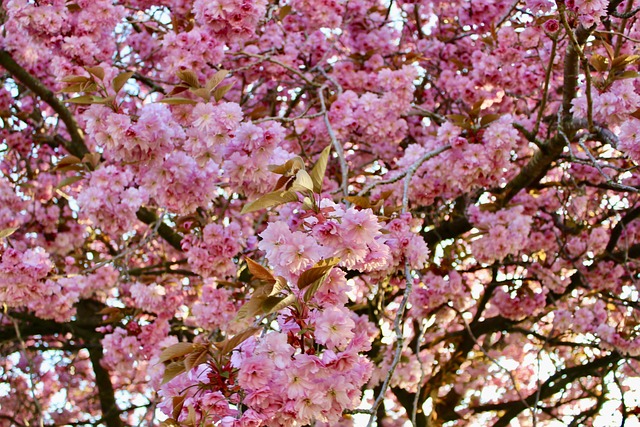
Published by horsesdaily on February 1, 2023
Categories
Cherry Trees in the UK: A Guide to their Beauty and Dangers Cherry trees are a beloved sight in the UK, with their delicate pink and […]
February 2, 2023
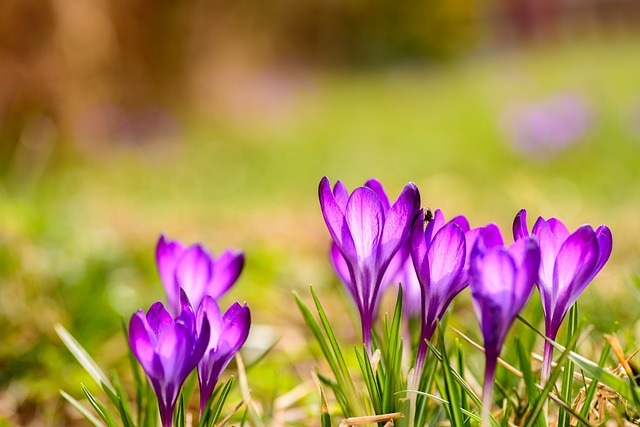
Published by horsesdaily on February 2, 2023
Categories
Meadow Saffron: The Hidden Threat to UK Horses Meadow saffron, also known as colchicum autumnale, is a common wildflower found in the United Kingdom and across […]
March 10, 2023
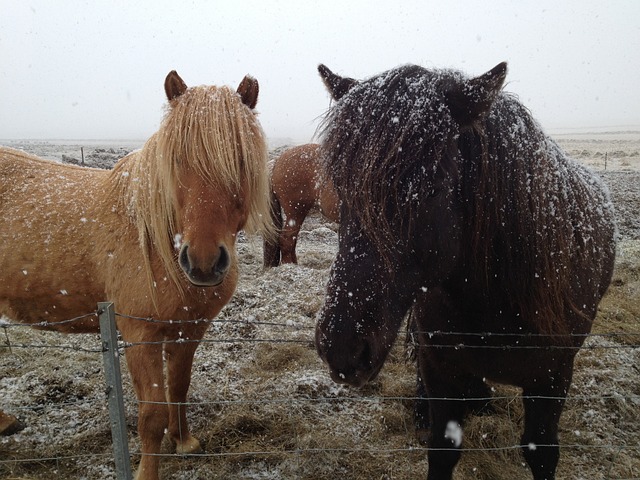
Published by horsesdaily on March 10, 2023
Categories
Turning horses out in the snow can lead to a number of health issues if appropriate measures are not taken to ensure their safety and wellbeing. […]
February 1, 2023
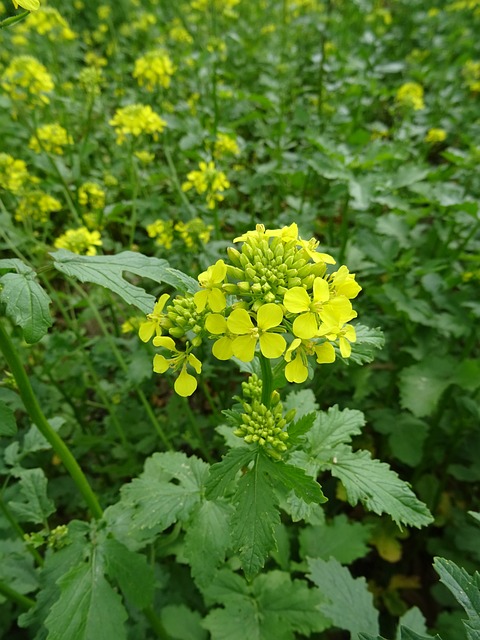
Published by horsesdaily on February 1, 2023
Categories
Charlock is a common weed in the UK and is often found growing in fields, pastures, and along roadsides. Although it is widely regarded as a […]
February 2, 2023
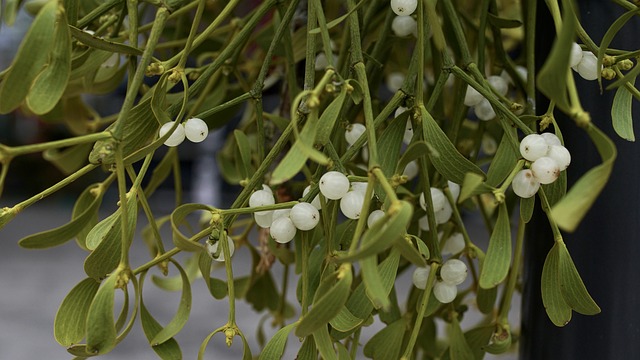
Published by horsesdaily on February 2, 2023
Categories
Mistletoe is a parasitic plant that grows on the branches of trees and is commonly found in the UK. Although it is often associated with the […]
March 9, 2023
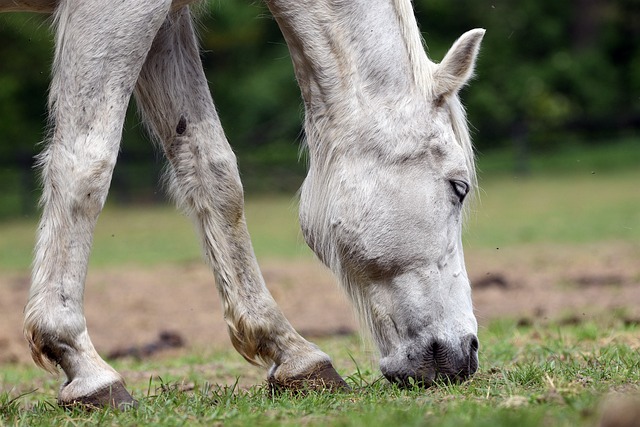
Published by horsesdaily on March 9, 2023
Categories
Horses have specialized glands in their digestive system called cecum and large colon that aid in the digestion of fiber-rich grass. These glands produce enzymes and […]
February 2, 2023
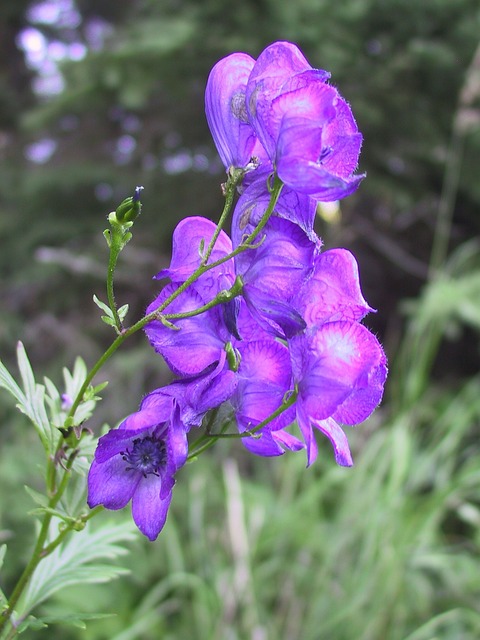
Published by horsesdaily on February 2, 2023
Categories
Monkshood, also known as Aconitum, is a beautiful yet poisonous plant native to Europe and Asia. In the UK, it is commonly found growing in damp, […]
February 1, 2023
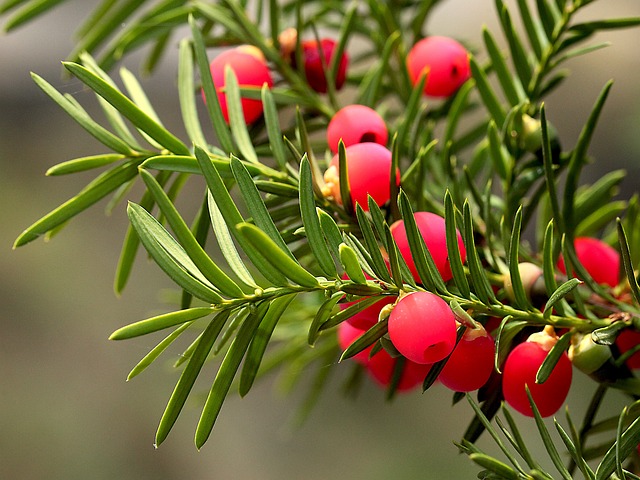
Published by horsesdaily on February 1, 2023
Categories
Yew is a commonly grown ornamental plant that is highly toxic to horses if ingested. The toxic compounds found in yew, known as taxanes, can cause […]
April 24, 2023
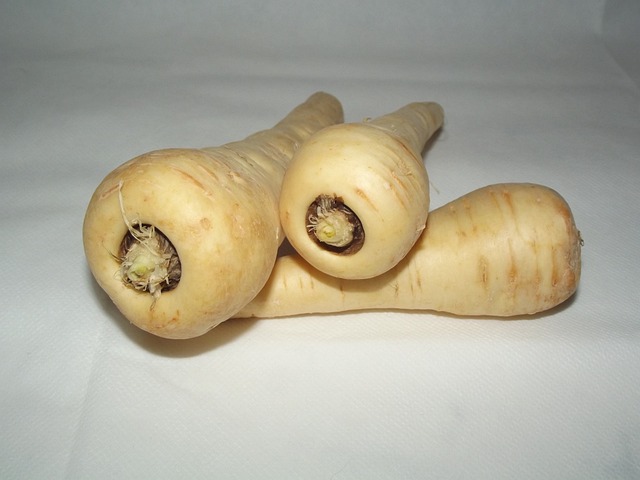
Published by horsesdaily on April 24, 2023
Categories
Yes, horses can eat parsnips! Parsnips are a root vegetable that can provide some nutritional benefits for horses. They are a good source of fiber, vitamin […]
February 1, 2023
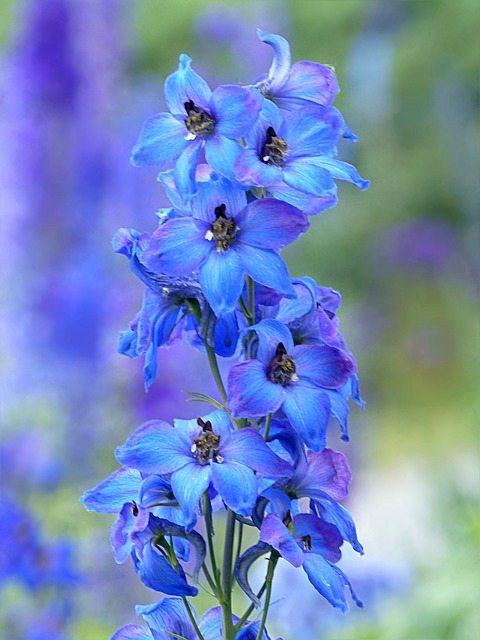
Published by horsesdaily on February 1, 2023
Categories
Larkspur Plant in the UK: A Poisonous Threat to Horses Larkspur (Delphinium species) is a common plant found in the UK, but it can be deadly […]
February 2, 2023
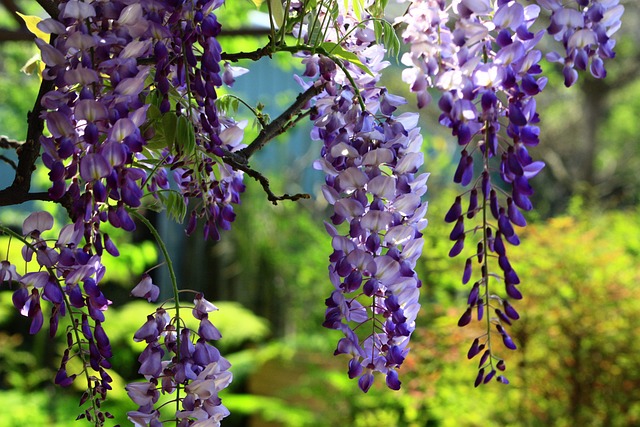
Published by horsesdaily on February 2, 2023
Categories
Wisteria: A Potentially Poisonous Plant for Horses in the UK Wisteria is a flowering vine commonly found in the UK, often grown on fences, trellises, and […]
February 1, 2023
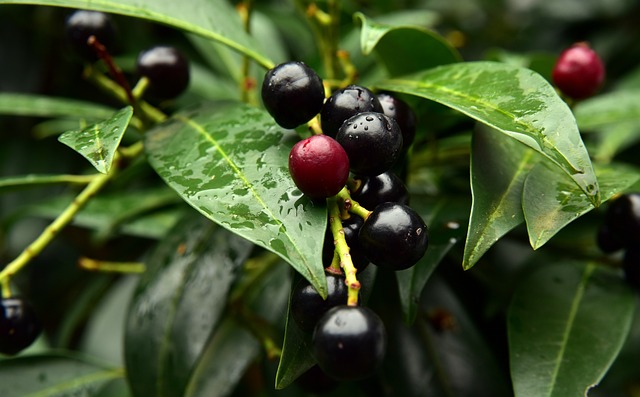
Published by horsesdaily on February 1, 2023
Categories
Laurel Plant in the UK: A Poisonous Danger to Horses Laurel (Prunus species) is a common plant found in the UK, but it can be toxic […]
February 2, 2023
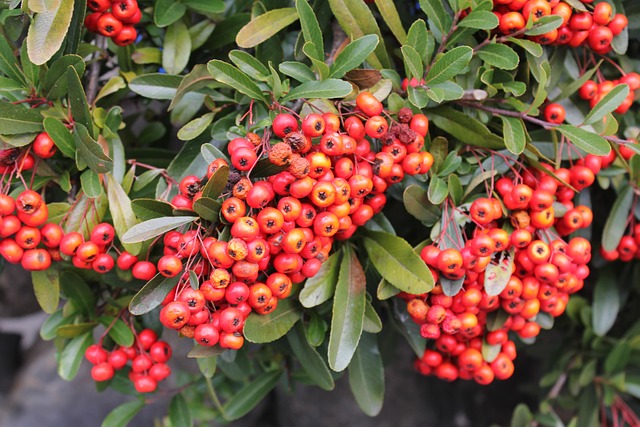
Published by horsesdaily on February 2, 2023
Categories
Pyracantha, also known as firethorn, is a popular ornamental shrub commonly grown in the UK and other parts of the world. While its bright berries are […]
February 1, 2023
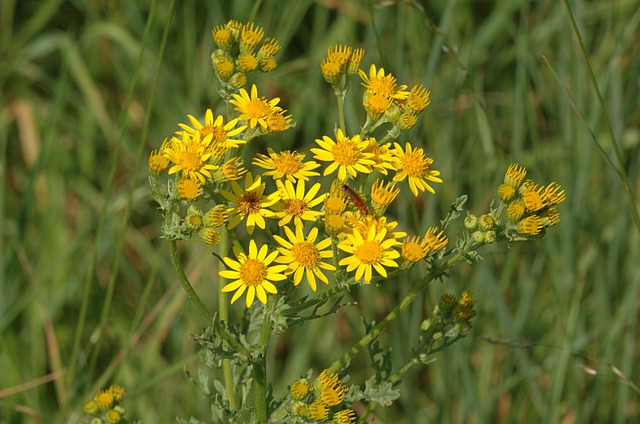
Published by horsesdaily on February 1, 2023
Categories
Ragwort is a common weed in many parts of the world, but its effects on horses can be deadly. This plant contains toxic compounds that can […]
